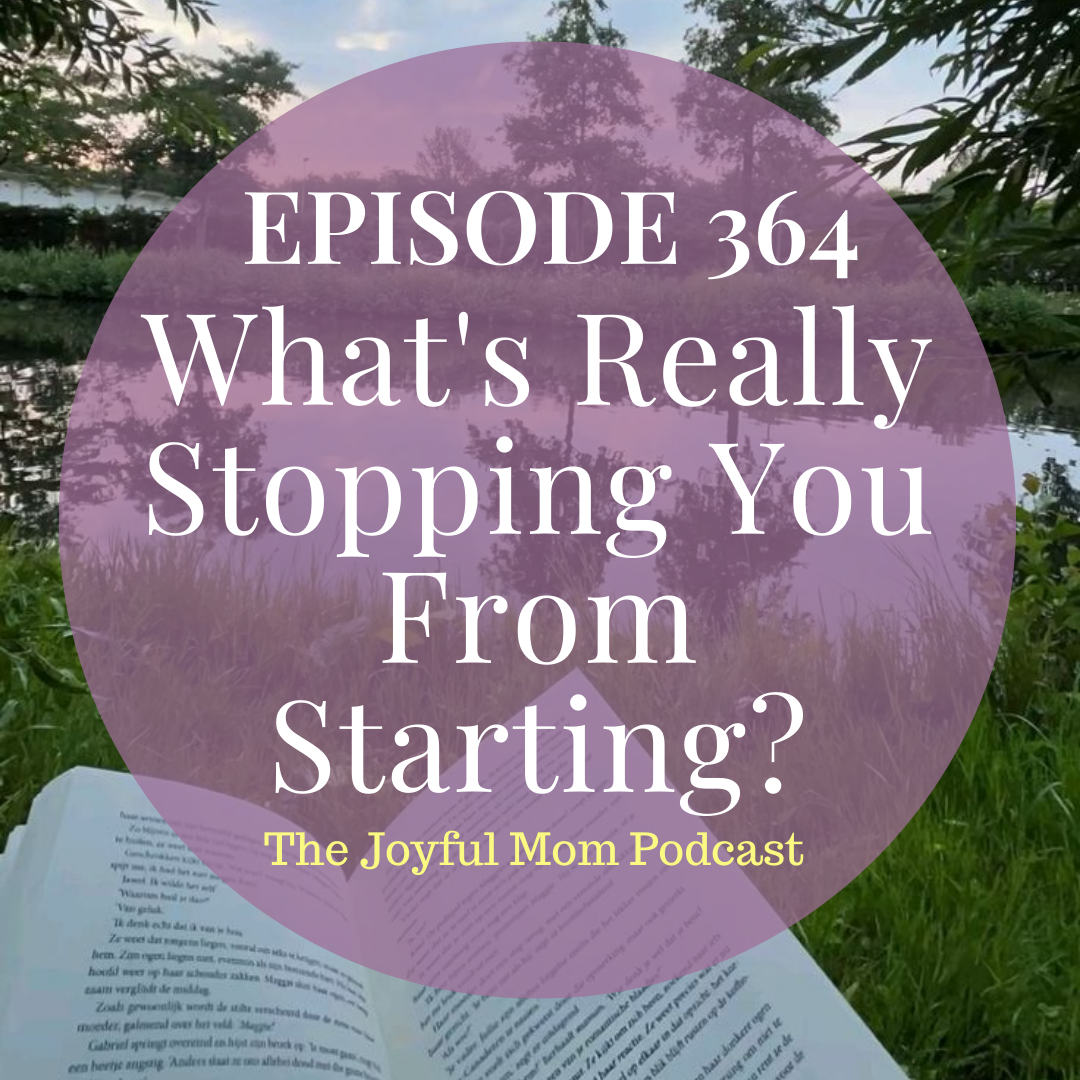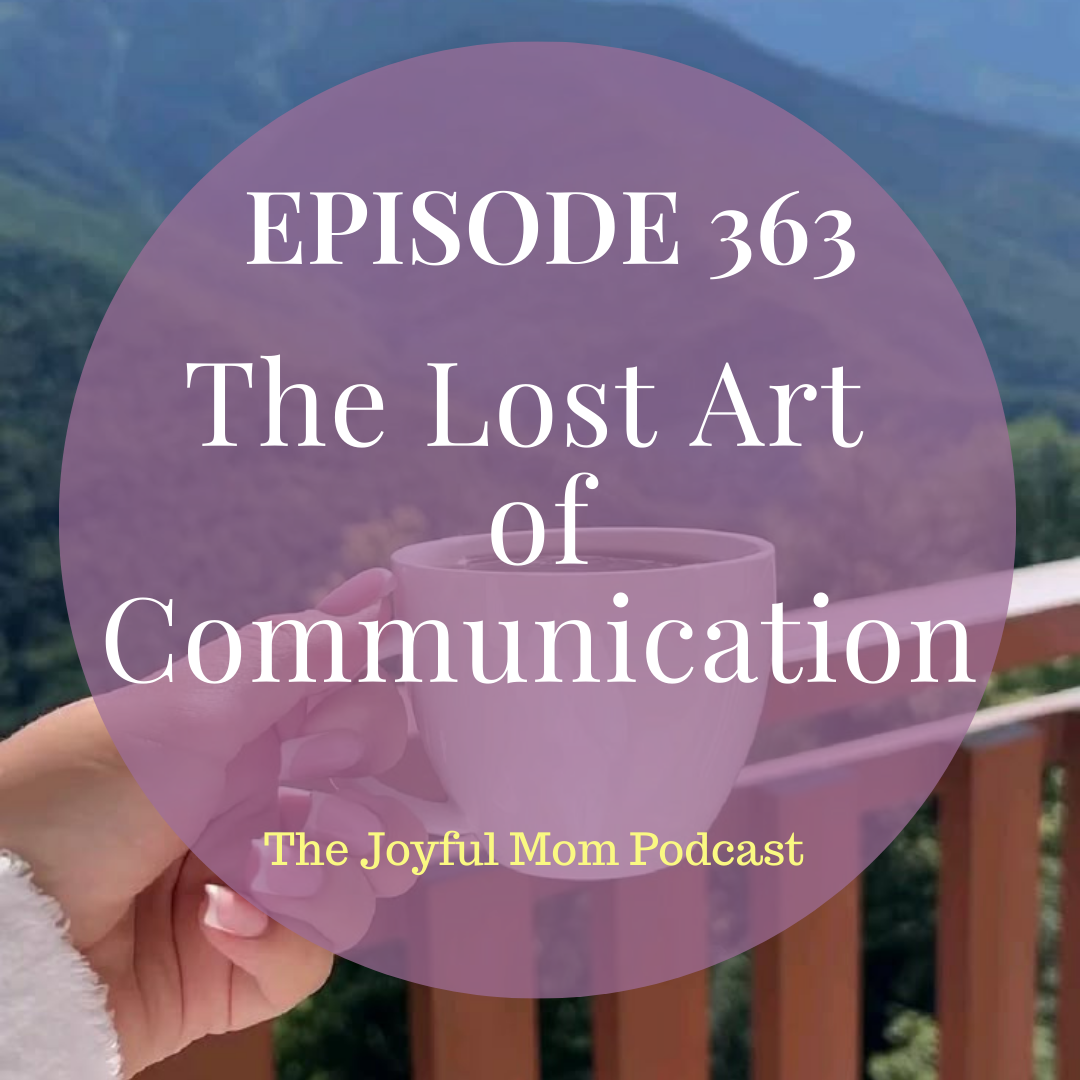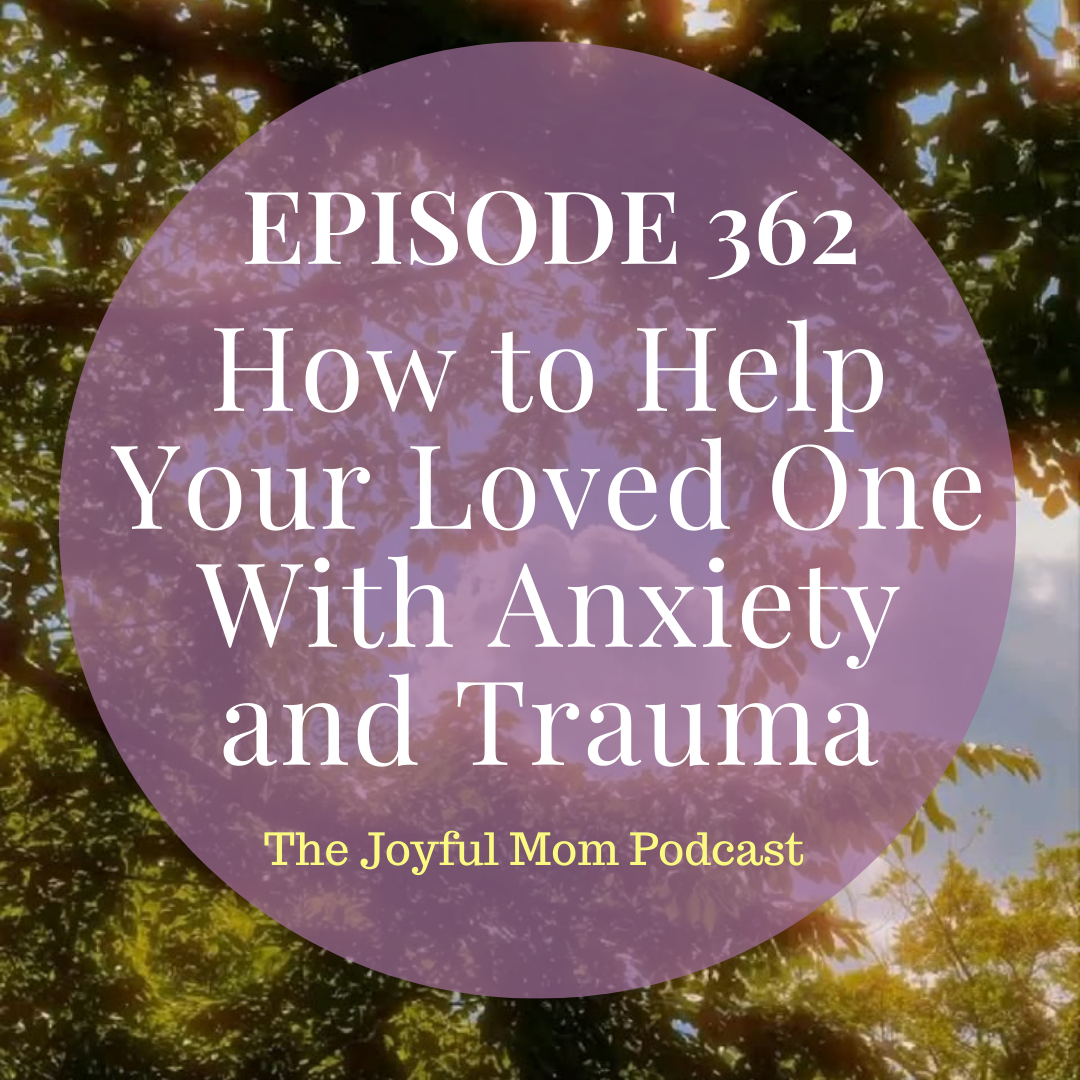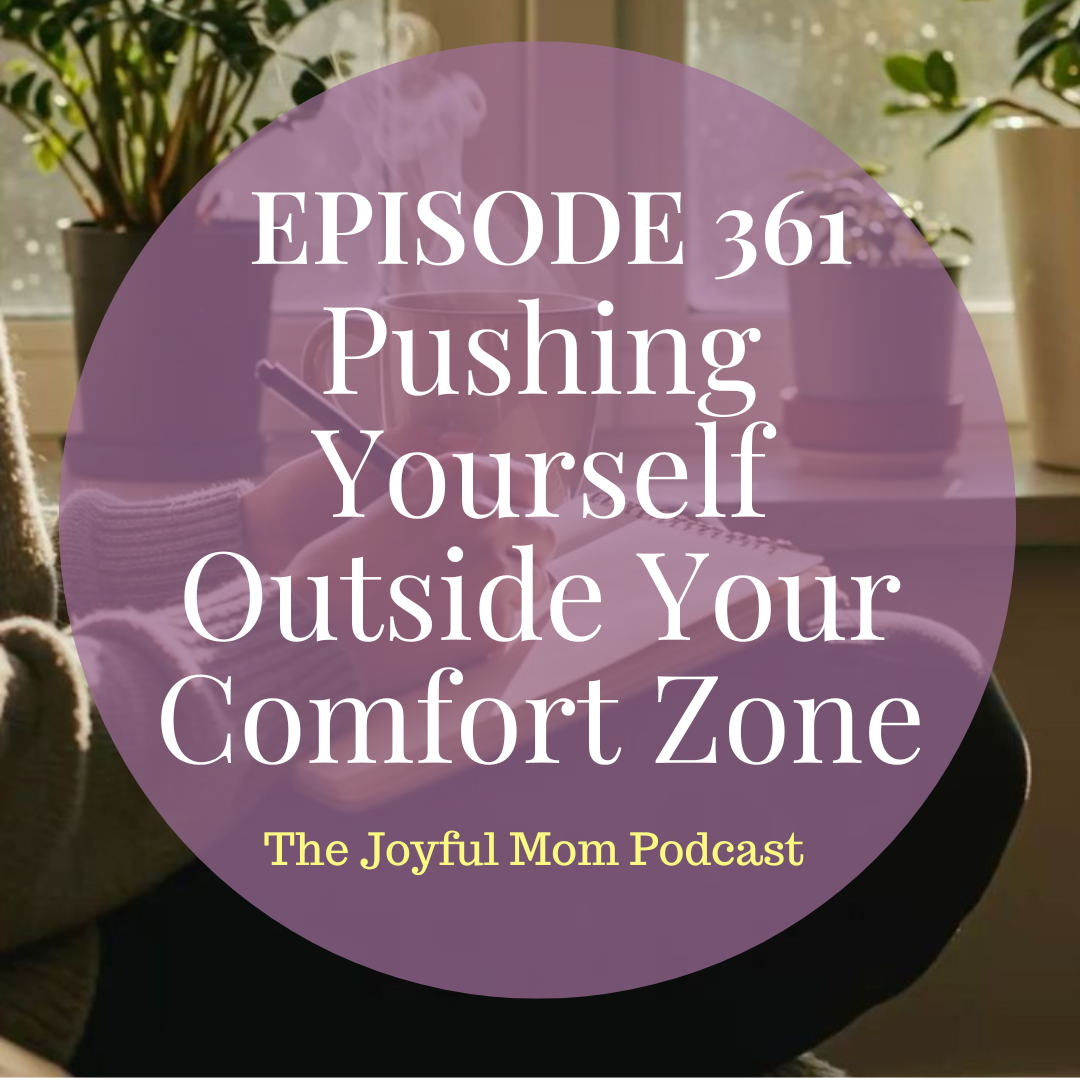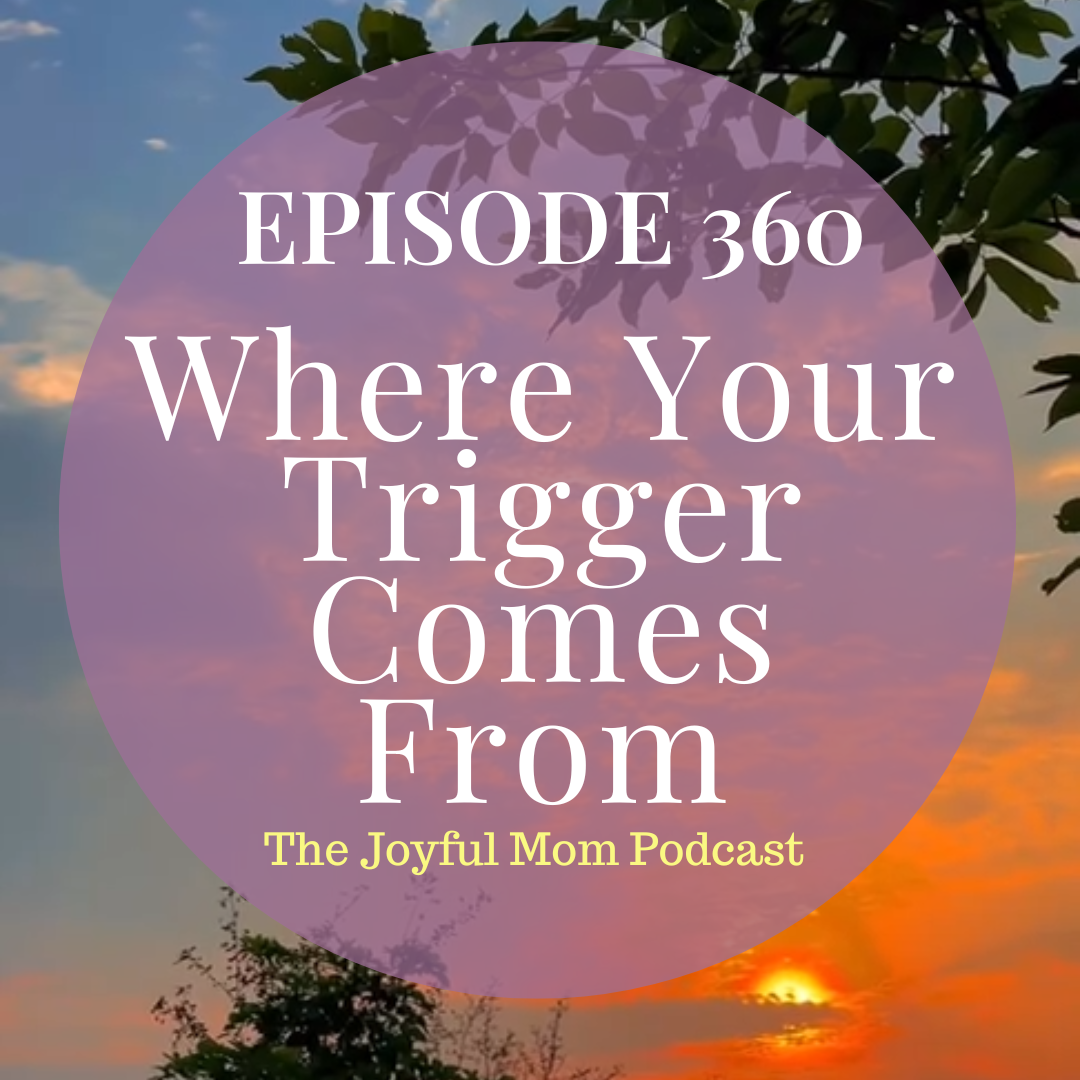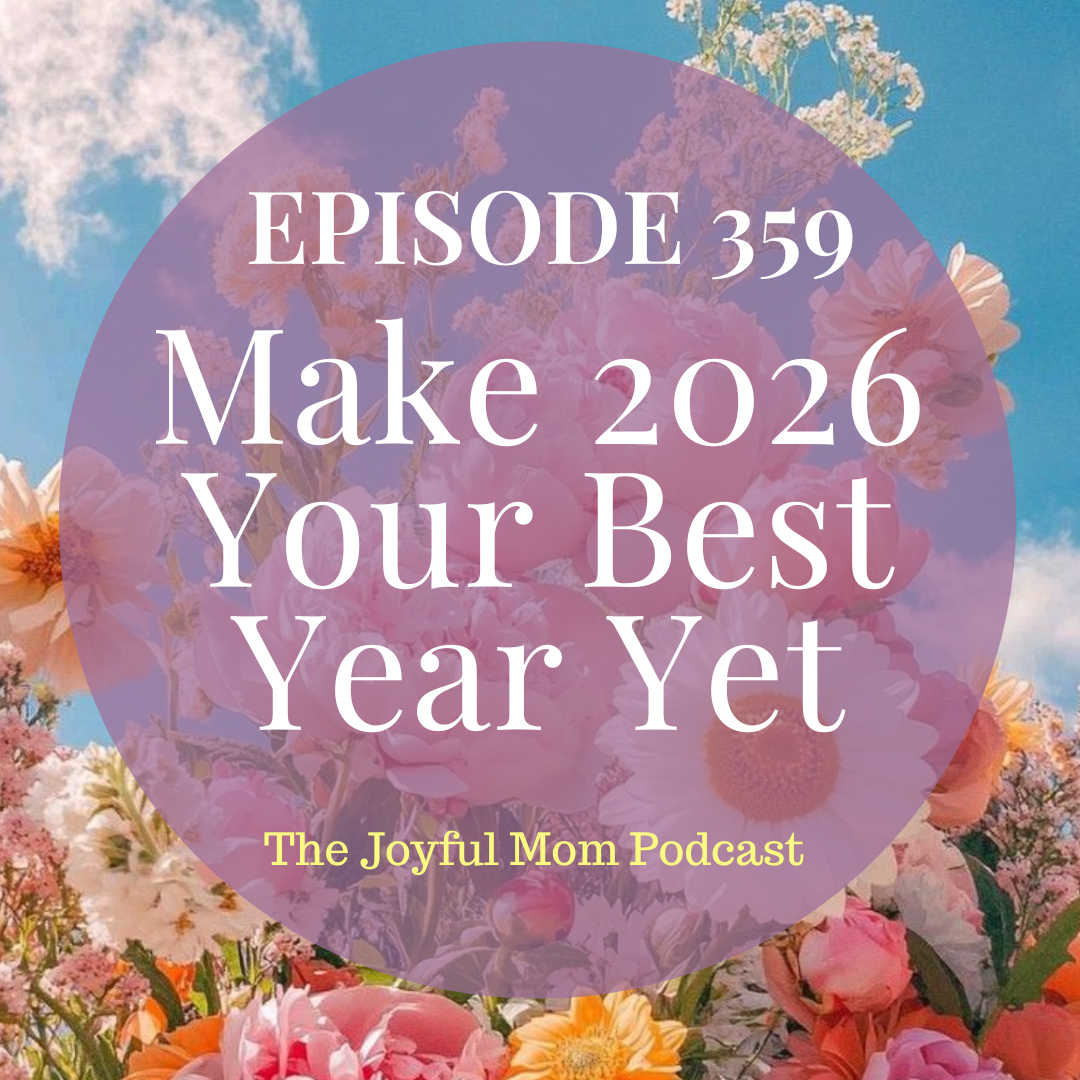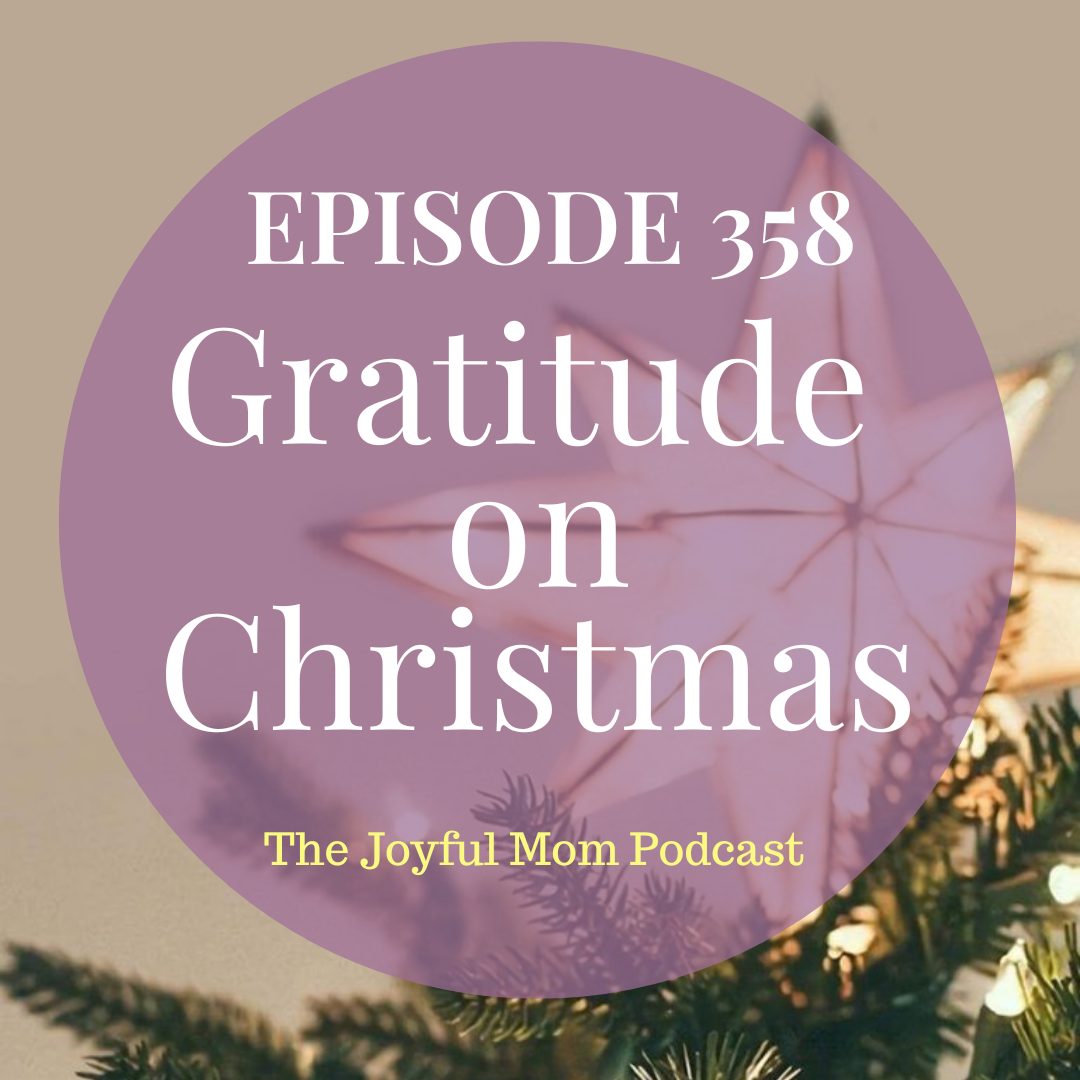210: What is Rapid Resolution Therapy?
I’ve been sharing a bit here about the training I’m going through called Rapid Resolution Therapy. I’m super duper excited about it because it’s another tool I can add to my toolbox to be able to help and guide you on your grief journey and to help ease the suffering and pain that grief brings into your life.
I wanted to share why I got so interested in this therapy in the first place. Because I had never heard of R.R.T. until 3 weeks before I joined the training. I had been on the fence about other training, wondering if I should do them, and this one was just an all-in, I want this, because not only will it be beneficial for me, but I think I can assist grieving mothers on a whole other level with this body of work.
So, I was listening to a lady share her story about how she had to take about 2 hours every morning to get herself into a good head space. She would do her yoga, her breath work and her meditation, and her journaling or whatever she was doing, and she could get into a better headspace, but it took a few hours. After she did some sessions with R.R.T., she found that she no longer needed those two hours to get into a better headspace and get her body calm. She just already was. And now she had two extra hours in the day for whatever other things she wanted to do.
As someone who has been using all sorts of other tools to manage my anxiety, and for a huge part of my anxiety, lessened it to way less than before, and I have not wanted to use medication for my anxiety, instead, I would rather take the time to do my tapping, meditation, breath work, and these types of tools to calm my body and mind down, to hear someone else share that those things could be optional, like they could just not have to exist was mind-blowing to me.
Especially, because I remember a mother inside of Grieving Moms Haven asking me, so I’m learning how to do all these things, but when can I stop? Do I just have to do them for the rest of my life? And at that point, I believed that yes, it’s just the way of managing anxiety, and navigating grief, it’s a way of living and being that helps you function and feel better. And it’s still a beautiful way and such supportive tools.
But again, I come to the question, what if all that stuff wasn’t even necessary? Because with this therapy you could clear the problem, whatever it is, I’ll say anxiety in this case, so that anxiety is just not a problem anymore.
So before I invested in the training, I had to go get a session of R.R.T. done so I could try to understand it more and to see if I believed that it helped. So I did a session, and it was fascinating. It made absolutely no sense to me, I didn’t understand what he was doing or why he was doing it, but it helped. I had been having pretty significant anxiety daily, mainly surrounding my sharing and talking through my work, and not wanting to hurt or offend people, and something I’ve struggled with, but since then, if the sensations come up, which is like 1/100 of the amount it was, I feel good about how I’m able to navigate it. Like honestly, I was tapping regularly for it, and I now don’t remember the last time I tapped. There might be times again when I need to utilize tapping, but right now, since I’ve cleared that, and maybe I could use another session, I have not even needed it or it’s not even crossed my mind because it hasn’t an issue.
I don't believe anything is the cure for everybody. Because we are all so different, each person will find different ways of navigating through grief and their life in a way that feels best for them, and that can change over time. But… R.R.T. kind of feels like a too-good-to-be-true type of therapy. Something the founder and trainer Jon Connely says often is if all the experts can’t agree on something, how can you say something is true or right? So Rapid Resolution Therapy, it’s a modality and treatment that I believe and have seen works and assists people in a long and lasting way, but again, it’s not a cure and it’s not going to interest everyone. But I would encourage you to listen to this episode, especially if you’ve tried therapy, medication, other healing modalities, or whatever and are still suffering daily, and are looking for something very different to try than everything you’ve already tried.
Here are a few ways for me to describe Rapid Resolution therapy to you, so you can decide if it’s something you want to try in your grief and trauma, and also, right now inside of Grieving Moms Haven I’m doing free 1:1 sessions with the moms in there, it’s a win-win, they get free sessions, and I get to hone my skill and become better at what I’m learning and what I’m doing to assist in grief so if you want to join.
So with this therapy, almost everything inside of it is the opposite of what therapy, psychotherapy, grief culture, self-help, etc. whatever it is, it’s almost the opposite of how they teach or help others. And it’s mind-blowing to me. Maybe I resonate with it so much because almost everything I do in my life is against the norm, and I have thoughts and beliefs that are not normal or mainstream.
But, here are a few examples of how it’s different. R.R.T. simplifies things and tries to make things simpler and clearer, instead of what everyone else does which is to make things more complicated and deeper.
R.R.T. is painless, you don’t need to relive your past, or even share much about your story, what happened, or your situation for it to work, and others need you to go deep into your story and relive your past, it needs to be a very painful and sometimes retraumatizing experience to heal.
R.R.T. you don’t need to look for the reasons why, or go back into what happened to you as a child or blame your mom and dad, or blame others, but just get clear on what you are experiencing right now and how it can be helped, where others bring you down paths of blame, reasoning, meaning, and trying to understand things that don’t need to be understood.
R.R.T. usually helps people in just a few sessions. The intention is to get you clear and free within a few sessions, whereas others are a year and years-long process. Lots of time, lots of hours, and lots of work. I remember sharing this part of R.R.T. with someone, and they first thought about how they had put in so much work, time, and effort, to get where they are today, and if you’ve put in so much work to get where you are today like I have as well, that’s amazing, and good for you. AND this type of therapy continues to help you and others not have to put in years and years of effort and work to feel better. So again, it’s a therapy that can help quickly and easily, and doesn’t have to take years and years.
In the R.R.T. world, the facilitator takes responsibility for the client's healing. Usually, if you go anywhere else, and you don’t find help, you’ll get blamed like you weren’t motivated enough, you didn’t want to get better, you didn’t do the work, and other things like that. But it’s very clear in the R.R.T. world that if the facilitator didn’t assist you in what you were looking to get cleared, then the facilitator was not skilled enough to do that for you. In the same vein as this, you don’t have to do anything, you just show up to a session. You don’t have to do a ton of work or try to make sense of anything. You just show up and then see how different you feel.
So, think of wet sand, when you put your hand in the sand and cause an imprint in the sand. Then you take your hand away from the sand, and your handprint is still there. With trauma and other painful experiences that you keep reliving or cycling in, you can see that the hand is not still pressing there, but your mind doesn’t know that. Your mind believes that there is still a hand pushing the imprint there, even though nothing is there. With Rapid Resolution Therapy, I help you wipe that handprint away, so your brain no longer believes that something is there when it’s not.
Most suffering comes not because you want to suffer or because you love to feel horrible. But because there’s a misfire in the processor, your mind, that you are most likely unaware of, and because you are unaware of it, you can’t change it. You can’t change something you are unaware of. So with R.R.T., we clear that misfire in your mind.
I’ve also talked about here, that you have your identity, then you have your experiences in the world, then your thoughts about your experience, then your emotions, then your actions, and then the results you have in your life.
So we know that what you think creates how you feel. But have you ever had this experience where you know what you are thinking, you know your thoughts are causing you pain, but they are so stinking true and it feels like you can’t do anything about them, there’s a process where you can slowly begin to shift thoughts, practicing and trying on different thoughts, and practicing them until you believe them and they become true for you, but from what I understand with Rapid Resolution Therapy, the change is pretty instantaneous, automatic, and not even something you have to try to change. It just happens.
So there is a lady who shares her experience with Rapid Resolution Therapy in a Ted Talk, I’ll link the video to her ted talk in the show notes, her name is Kristen, and her story is also in Dr. Jon Connely's book called Life Changing Conversations. So, she shares how she was in a wheelchair, and a walker, and had to wear a helmet because she was having seizures, her life was put on hold, she couldn’t work, had to drop out of school, and she was being seen by Mayo Clinic and there was just nothing anybody could do to help her.
She came to Dr. Jon Connoley and had a session of R.R.T. and it was like a 2-hour session or so, and when she was done she walked out of there and could tell she wasn’t going to have a seizure. It’s pretty remarkable. She also shared in her introduction to our training that she was raped twice and after each time she came to Dr. Connoley to get R.R.T. done, and she’s able to help others and these huge traumas that destroy people's lives don’t affect her anymore in the way that they cause a lot of suffering in her life.
Someone asked her if she gets triggered when she hears words that are related to her trauma, or if when she hears them, she has to do some work or something to ground herself or get herself back to normal, and she shared that it doesn’t affect her at all. Of course, she remembers and knows what happened, but the emotional response and the physical effect are gone. She's just not affected that way, and she doesn’t have to do anything about it to keep it that way.
This has been my understanding and I know it can be so hard to understand when you are living in trauma, anxiety, or pain every day. You might not even be able to fathom that the trauma, triggers, nightmares, and anxiety could just not exist. Not that you have to push them out of your mind or shove them down, or try to fight them, they just don’t exist.
It’s a huge thing I know from my own experience as well, to be able to help others after going through something similar. It’s so important to be able to be in a place where you aren’t getting triggered, or you aren’t suffering by trying to help others. If you’re suffering or triggered every time you work with someone who has a similar experience as you, you will reach burnout very fast, and the way you are helping others is just causing you more suffering, so Rapid Resolution Therapy helps make this possible in a way quicker way, and helps people like Kristen and me and if you want to help others in the grief space, or in a space of something you’ve experienced, then getting clear yourself first can make you so much more effective, and help you not go to burnout and exhaustion.
So when you hear this, maybe you are wondering, well what’s with all the work I’ve put into my healing? All the sweat, tears, exhaustion, hours and hours of processing. The re-living of my traumas and triggers. Was everything I did all for naught because this therapy could help me in just a few sessions?
First, I want to say, everything you’ve done is not all for naught. It’s a part of your journey. It’s part of your story. And I do hope that through all that you’ve found some release and lightness. AND R.R.T. can help those who haven’t spent years and years healing, and it can help you if you are still struggling with a trigger, particular trauma, phobia, fear, anxiety, emotion, or something that’s just really affecting your life in a way that you don’t want it to any longer.
If you are listening in to this, and you are struggling, please please reach out to me, or come get on the waiting list for Grieving Moms Haven. There is no reason you need to continue to suffer and struggle. There are so many tools and options, and this is one way I truly believe can help you.
If you want to learn more, go watch my free video on anxiety and grief at www.meganhillukka.com. You can find this free video, and start learning more about how this method can help you, how anxiety can disappear, and more about Grieving Moms Haven.
I’m always rooting for you, my friend. Even on the hard days. Even when the waves of grief get so intense and you wonder if you’ll survive this one.
I’m holding onto hope for you until you are ready to hold it for yourself!
Links to any resources:
The life-changing power of words: Kristin Rivas at TEDxRainier
Life Changing Conversations: A Single Conversation Can Be A Life-Changing Event
Have you felt anxiety after your child died?
The racing mind, unable to sleep, waiting for the next bad thing to happen, unable to breathe, panicky kind of anxiety, whole body riddled with anxiety?
Watch my free video on anxiety and grief below!
So that you can think clearly, feel calm in your body, and live your life without the chains of anxiety.

